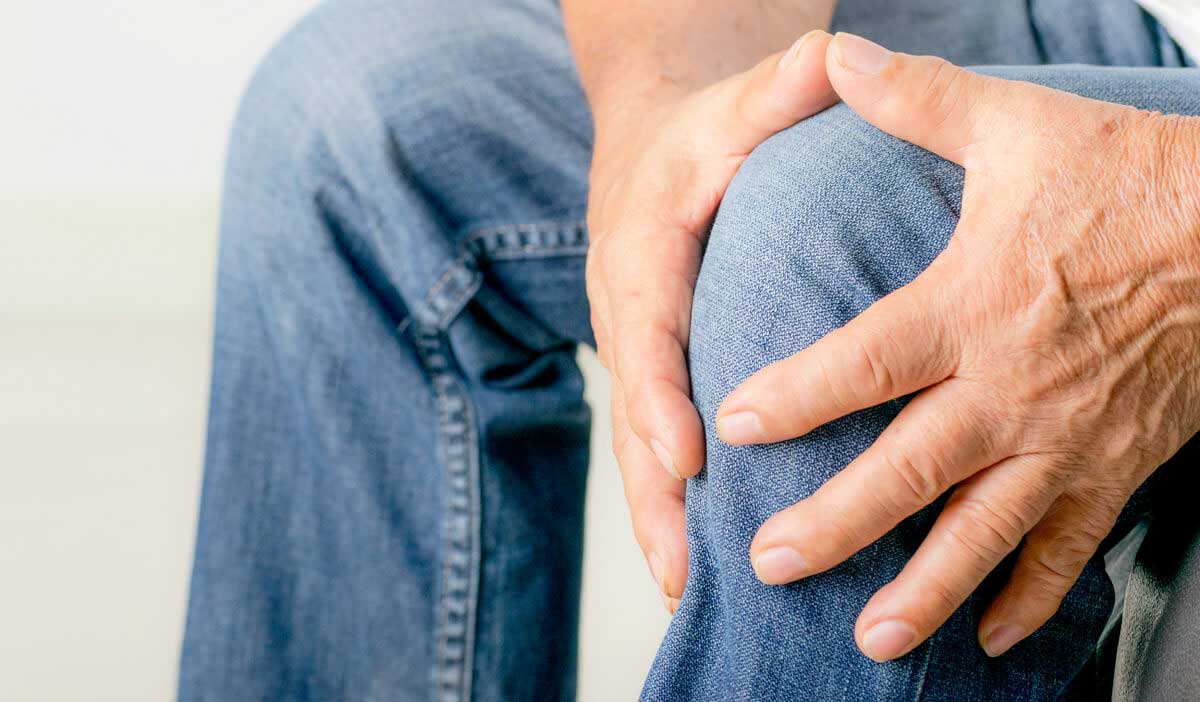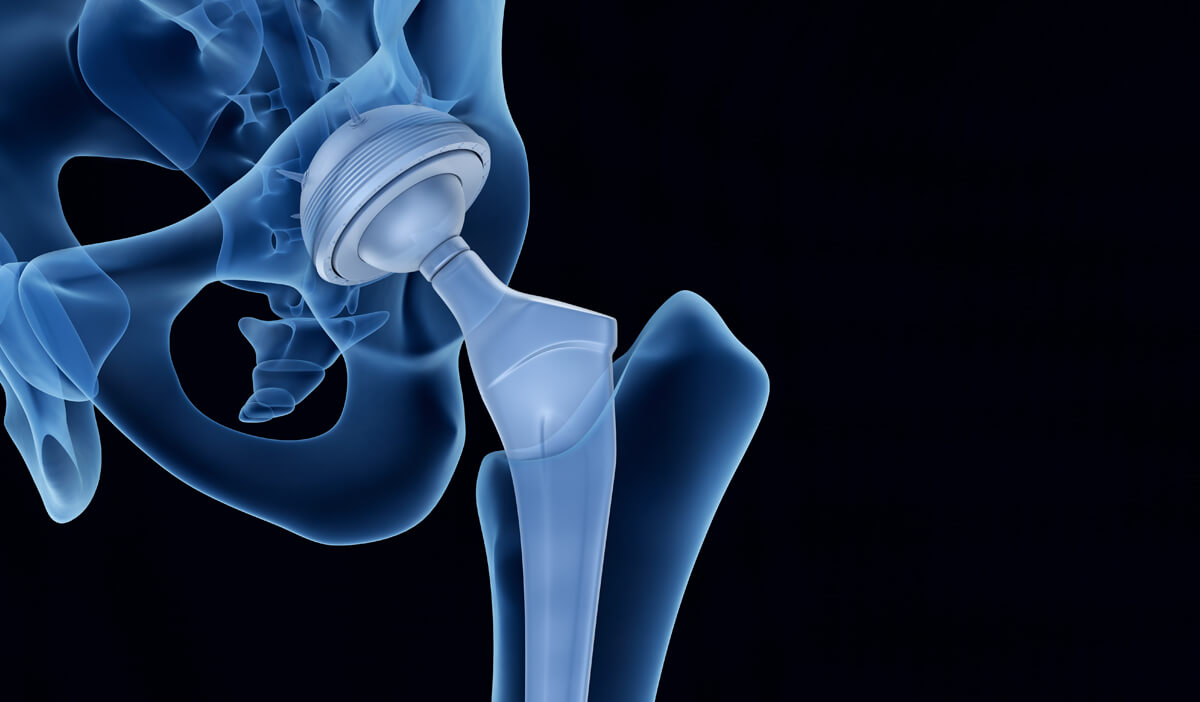This article is part of the Essential Guide to Hip Pain Relief.
If you’ve been dealing with hip pain that makes it hard to do simple activities—like getting in and out of your car or bending down to pet your dog—you may finally be ready for joint surgery but wondering about restrictions after hip replacement.
This procedure is often a good option and provides relief for many patients, especially if they’ve tried lifestyle changes or other treatments but just haven’t seen any results.
Read on to learn what to expect after surgery and some restrictions after hip replacement that you must take seriously to recover properly and prevent injury.

What is hip replacement surgery, and who should get it?
If your hip joint is severely damaged or worn down, and you’ve tried all other non-surgical treatment options to no avail, your doctor may recommend hip replacement.
People who qualify for hip replacement surgery typically have the following symptoms:
- Hip pain that limits everyday activities like walking or bending
- Hip pain that continues even while resting
- Stiffness in the hip that limits your ability to lift the leg
- Inadequate pain relief from non-surgical treatments (e.g., anti-inflammatory drugs, physical therapy, walking supports)
There are two main types of hip replacement surgery: total hip replacement and direct anterior hip replacement surgery.
With a total hip replacement, an artificial ball-and-socket joint is inserted to make a new hip. Surgery typically takes 60-90 minutes, and you can expect to be in the hospital for about two to six days.
Anterior hip replacement surgery can treat hip pain issues while avoiding large incisions. The surgeon makes a small incision and replaces the damaged bones in your hip joint with an artificial hip. This type of surgery is less invasive than traditional replacements, and recovery is typically quicker.
It’s essential to work with your doctor to decide the right type of surgery for you and understand any limits and restrictions after hip replacement that will need to be followed.
What to expect after hip replacement
Before your doctor releases you from the hospital, they will want to see that you:
- You can get in and out of bed
- You can walk with a cane, walker, or crutches
- You can perform prescribed exercises
- You understand the restrictions after hip replacement
- You can manage your pain
What is most important to your recovery is following your doctor’s orders and avoiding activities that could prevent you from healing properly, or worse, cause injury to your new hip.
Restrictions after a hip replacement (what not to do)
The American Academy of Orthopedic Surgeons says there are certain activities you should avoid doing as you recover from a hip replacement. Those restrictions after hip replacement include:
- You should not cross your legs at the knees for at least six to eight weeks
- You should not bring your knee up higher than your hip
- You should not lean forward while sitting or as you sit down
- You should not try to pick up something on the floor while sitting
- You should not turn your feet excessively inward or outward when you bend down
- You should not reach down to pull up your blankets when lying in bed
- You should not bend at the waist more than 90 degrees
These restrictions after hip replacement will vary depending on your doctor’s surgical technique and preferences. Following these recommendations will help you heal properly and prevent the new joint from dislocating
Always check with your doctor on your specific restrictions after hip replacement.
Recover faster with Logansport Memorial Hospital’s world-class physical therapists
Our physical therapy team uses stretching and strengthening to help you overcome your hip pain and regain your range of motion.
Your physical therapist will design a treatment plan just for you, based on your level of pain, stiffness, and range of motion. Together, you’ll work on getting back to enjoying life without hip pain.
You might also like:
- Safe Activities Before and After Hip Replacement Surgery
- Anterior Approach Hip Replacement: What to Expect
- Is Surgery Your Best Option for Hip Pain?




